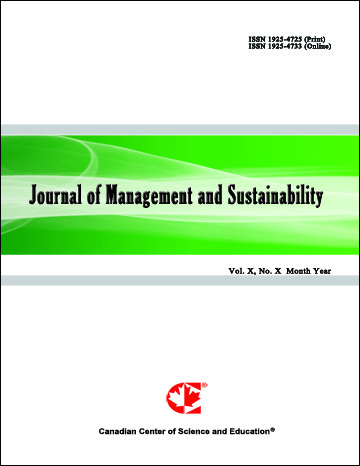Exploring the Potential of Organic Waste as a Source of Methane Gas for Electricity Generation in Nigeria
- Ebikapade Amasuomo
- Tebe Ojukonsin
Abstract
Open dumps and ill equipped landfills are some of the characteristics of solid waste management in Nigeria. This paper therefore seeks to investigate the viability of anaerobic digestion as part of an integrated waste management strategy for the city of Port Harcourt, Nigeria. In order to achieve this aim, the paper reviews literature on solid waste management in the study area. Alaboratory experiment was also conducted using organic solid wastefrom Port Harcourt.
From the findings, it was revealed that anaerobic digestion could play a major role towards the attainment of sustainable solid waste management in Port Harcourt. The small laboratory sample of 10 grams used for the experiment produced about 0.796 litres of methane gas, means that 1 tonne of organic waste in Port Harcourt will generate about 79600 litres of methane gas with energy equivalent of about 1592000_kj.
The paper concluded that in a city like Port Harcourt where several tonnes of solid wastes are produced every day, a substantial amount of methane gas could be recovered for electricity generation. It was therefore recommended that anaerobic digestion should be used in order to boost the electricity capacity of the city whilst also improving the quality of life of the people.
- Full Text:
 PDF
PDF
- DOI:10.5539/jms.v5n3p99
Journal Metrics
Google-based Impact Factor (2021): 1.54
h-index (July 2022): 37
i10-index (July 2022): 147
h5-index (2017-2021): 12
h5-median (2017-2021): 19
Index
- Academic Journals Database
- ANVUR (Italian National Agency for the Evaluation of Universities and Research Institutes)
- CAB Abstracts
- CNKI Scholar
- EconBiz
- Excellence in Research for Australia (ERA)
- GETIT@YALE (Yale University Library)
- Harvard Library
- HeinOnline
- Infotrieve
- JournalTOCs
- LOCKSS
- MIAR
- PKP Open Archives Harvester
- RePEc
- Scilit
- SHERPA/RoMEO
- Stanford Libraries
- UCR Library
Contact
- Evelyn XiaoEditorial Assistant
- jms@ccsenet.org
